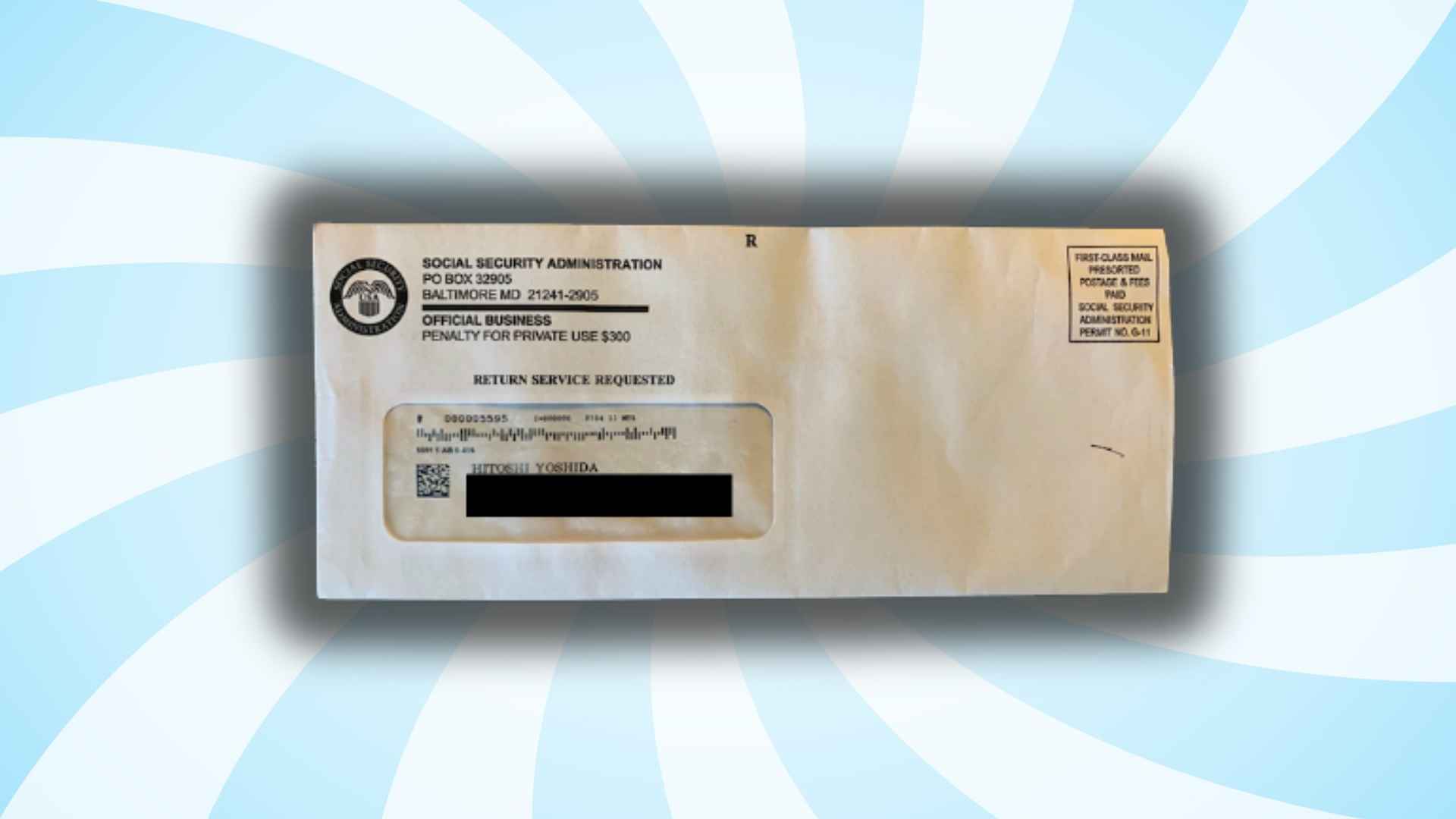The Social Security Administration is demanding a substantial amount back from a grieving widow, raising questions for other retirees who may be facing similar overpayment claims.
In Sheffield Lake, Ohio, 65-year-old widow Ruth Podmanik recently received a distressing notice from the Social Security Administration (SSA). After applying for her late husband’s benefits, she discovered she allegedly owes nearly $70,000 in overpayments dating back more than a decade. Ruth’s husband, Ed, passed away in 2012 after battling leukemia. During his illness, he received Social Security benefits temporarily while out of work. Ruth insists he contacted the SSA multiple times to confirm that these payments were correct, only to be reassured they were.
Now, years later, the government wants its money back. “Am I going to have to sell my house?” Ruth wonders. Many older Americans share her concern, as overpayment claims appear to be on the rise under pressure from the Department of Government Efficiency (DOGE).
Understanding how Social Security overpayments can create devastating financial surprises for retirees
Although the SSA maintains that its payment accuracy rate exceeds 99 percent, the Office of the Inspector General has reported about $72 billion in overpayments from 2015 to 2022. These overpayments might stem from administrative errors, unreported changes in work status, or eligibility misunderstandings. Unfortunately, recipients often discover the problem only when they receive a large bill demanding repayment.
Have you or a loved one ever wondered if your benefits might be affected? Situations like Ruth’s highlight how the burden of correcting SSA mistakes sometimes falls on individuals, who may have had no idea they were being paid incorrectly.
Potential legal and administrative steps you might need to take if overcharged
When confronted with a repayment notice, staying informed is crucial. Here are some recommended actions:
- Request a waiver or reconsideration: You can file a “Request for Waiver” if you believe the overpayment was not your fault.
- Provide documentation: Medical records or employment information can help prove eligibility.
- Seek guidance: Legal aid groups and non-profit organizations often provide free or low-cost advice.
Below is a brief overview of possible SSA forms you might encounter:
| Form Name | Purpose |
|---|---|
| SSA-561 (Request for Reconsideration) | Challenge the overpayment decision or amount |
| SSA-632 (Request for Waiver) | Ask that the overpayment be forgiven |
| SSA-795 (Statement of Claimant) | Provide additional details or clarification |
Properly filling out these forms and meeting deadlines is key to resolving issues swiftly.
Key strategies, resources, and official deadlines for challenging Social Security overpayment notices
If you choose to fight an overpayment claim, remember to act quickly. Generally, you have 60 days to request reconsideration or a waiver. Failing to respond in time may result in monthly benefit reductions or other collection actions. Consulting an attorney, contacting your local SSA office, or reaching out to advocacy groups can provide the support you need.
Ruth’s story underscores the importance of staying vigilant about Social Security payments. Carefully review benefit statements, respond promptly to SSA letters, and do not hesitate to seek professional assistance if you receive a notice. Taking these steps early can help prevent hardships and protect your financial well-being.

